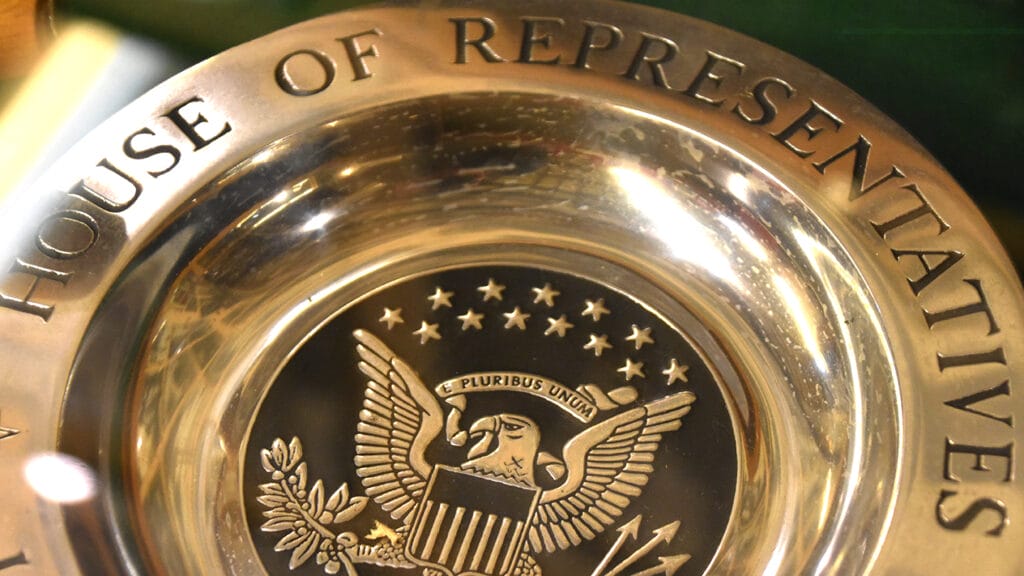
In a bid to save home care providers from strict new spending regulations, Rep. Kat Cammack (R-FL) introduced a bill that would block the Department of Health and Human Services from imposing the 80/20 provision of the Medicaid Access Rule.
“Home care agencies can’t keep up with staffing levels and overall care levels while complying with this rule,” Cammack said in a statement. “It’s putting millions of Americans at a sharp disadvantage and only exacerbating the challenging issues we already face.”
The bill specifically would prevent HHS from promulgating, implementing, enforcing or giving effect to any substantially similar rule requiring a minimum percentage of Medicaid payments be spent on compensation for direct workers, according to its text.
The House Committee on Energy & Commerce will consider the bill during a legislative hearing on Tuesday.
The rest of the Medicaid Access Rule would remain untouched by Cammack’s legislation. Industry advocates have noted that many of the rule’s provisions, including new access reporting requirements, payment rate transparency measures, a new HCBS Quality Measures set and Incident Management System, represent meaningful, positive changes to the Medicaid home care program. But, still, many see the spending threshold imposed by the 80/20 provision as an impossible standard.
Provider reaction
The Centers for Medicare & Medicaid Services also recently finalized a nursing home minimum staffing rule which home care providers say would further exacerbate industrywide workforce shortages. HCBS advocates such as Lutheran Services in America have expressed concern that this rule and the Medicaid Access Rule would create significant barriers between beneficiaries and care.
“These rules simply do not reflect or address realities in communities across the country — especially in rural and underserved areas,” the organization said in a statement last week. “With Medicaid reimbursement unable to keep up with current costs and challenges with workforce recruitment, these rules will only force high quality nonprofit providers to close their doors — further constraining access to care.”
Recognizing the challenge of meeting the 80/20 threshold, CMS gave providers a six-year “runway” before compliance will be enforced — a change from the proposed four-year time frame. CMS also finalized changes that clarified the kinds of workers subject to the 80/20 provision. Some providers, like personal care franchise Help at Home, have applauded CMS’ flexibiity in these areas.
“We appreciate the actions taken by [CMS] in the final Access Rule to clarify and broaden its definition of the direct care workforce, include a thoughtful approach to data collection and recognize the need for more consistent state-level rate adequacy,” Help at Home said in a recent statement. “While Help at Home acknowledges there is more work to be done, it is encouraged by many of the modifications made to the ‘Ensuring Access to Medicaid Services’ final rule based on stakeholder input.”

